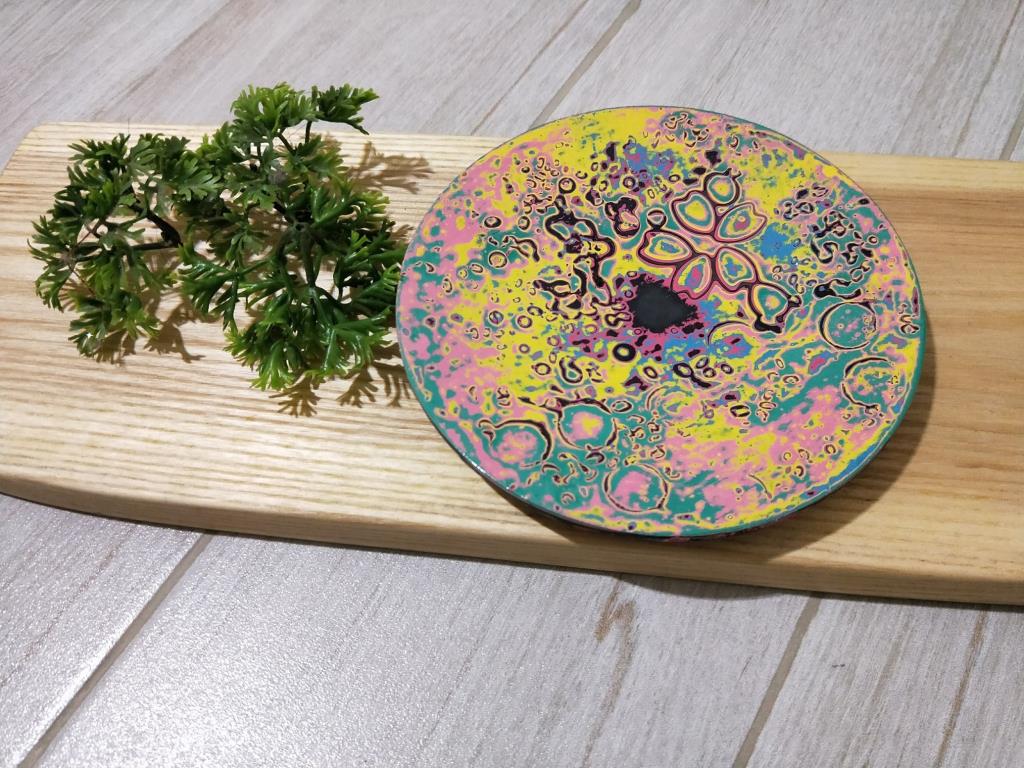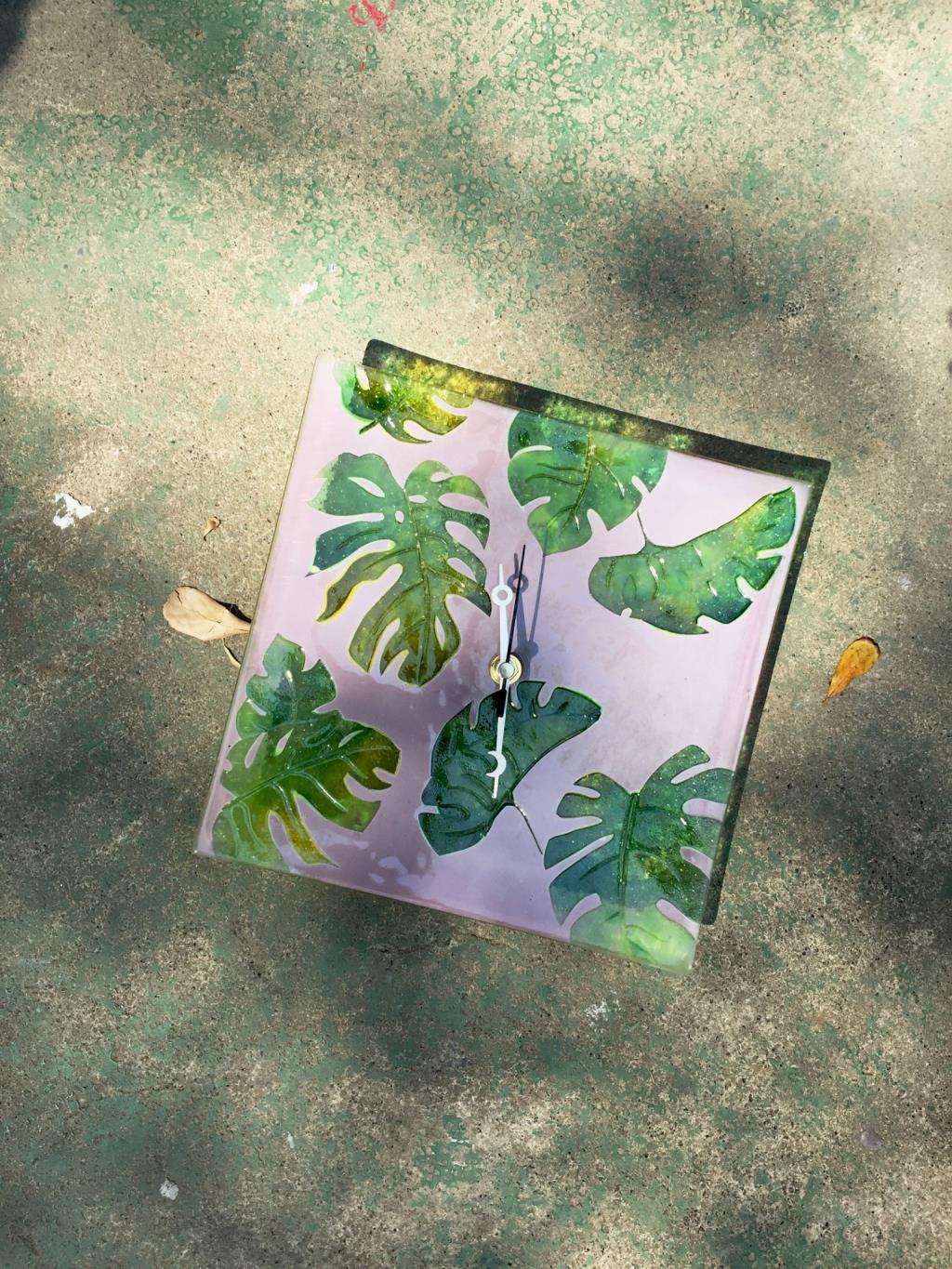Features and Career
Objectives
- This program aims to train the students to be able to keep up the pace of times and adjust their strategies to promote cultural values, as well as to equip them with operation and management skills required in cultural industries.
- This program aims to equip the students with the professional skills in interdisciplinary integration, and train them to be able to promote the quality of cultural industries.
- This program aims to train the students to be able to adapt themselves to the changes in the global society, as well as to equip them with planning skills with which to drive the transformation and rebuilding within corporations in the world.
Features
- Module A: Craft designing (practices) – to equip the students with the professional knowledge of craft designing and the abilities to practice.
- Module B: Taiwanese cultures (humanities) – to provide the students with the opportunities to learn about Taiwanese cultures integrating into industries.
- Module C: Integrated marketing (industries) – to equip the students with the abilities to perform craft designing and innovative integrated marketing of Taiwan cultural industries.
Equipment list
- Sand blasting machine
- Electric kiln
- Metal working equipment
Advantages
This program is the first academic program in Taiwan that integrates diverse Taiwanese cultures (humanities), craft design (hands-on practices), and integrated marketing skills (industrial marketing) into its training.
The Program is operating under the College of Humanities and Social Sciences, and is being jointly supported by the Graduate Institute of Taiwan Studies, the Mass Communication Department, the Department of Computer Aided Design, the Department of Fine Arts, the Department of Calligraphy and Painting, and the Department of Applied Philosophy. Besides instructors from inside the University, the Program also invites such industry experts as Wu Tsung-Hsien, awarded the Classic Craftsmanship of Formosa Taiwan, Ministry of Culture, and Huang Mei-chih, Marketing Director of the Ten Drum Culture Village, to lecture on their respective fields of expertise. In the future, the Program will work with the National Taiwan Craft Research and Development Institute in training and internship projects.
One of this program’s guidelines is learning-by-doing. Hopefully, through a variety of courses that develop their professional skills, combined with the experiences they have in the promoting and organizing of various events or exhibitions, the students will be able to keep up the pace of the industries and embrace various possibilities in the future.

